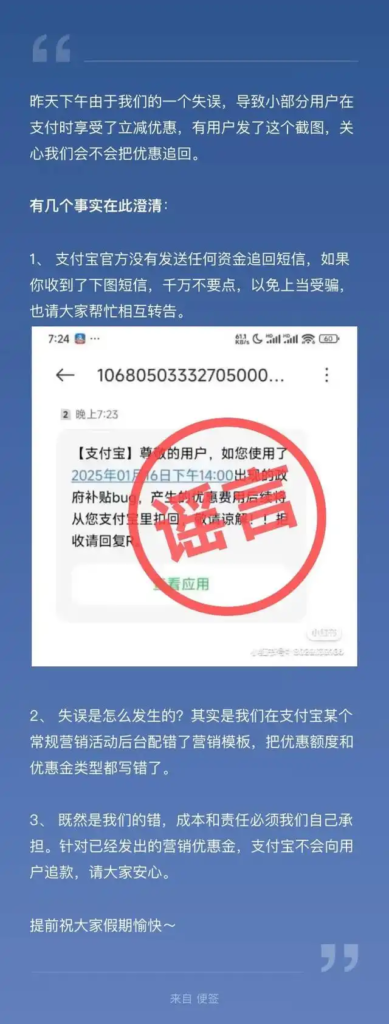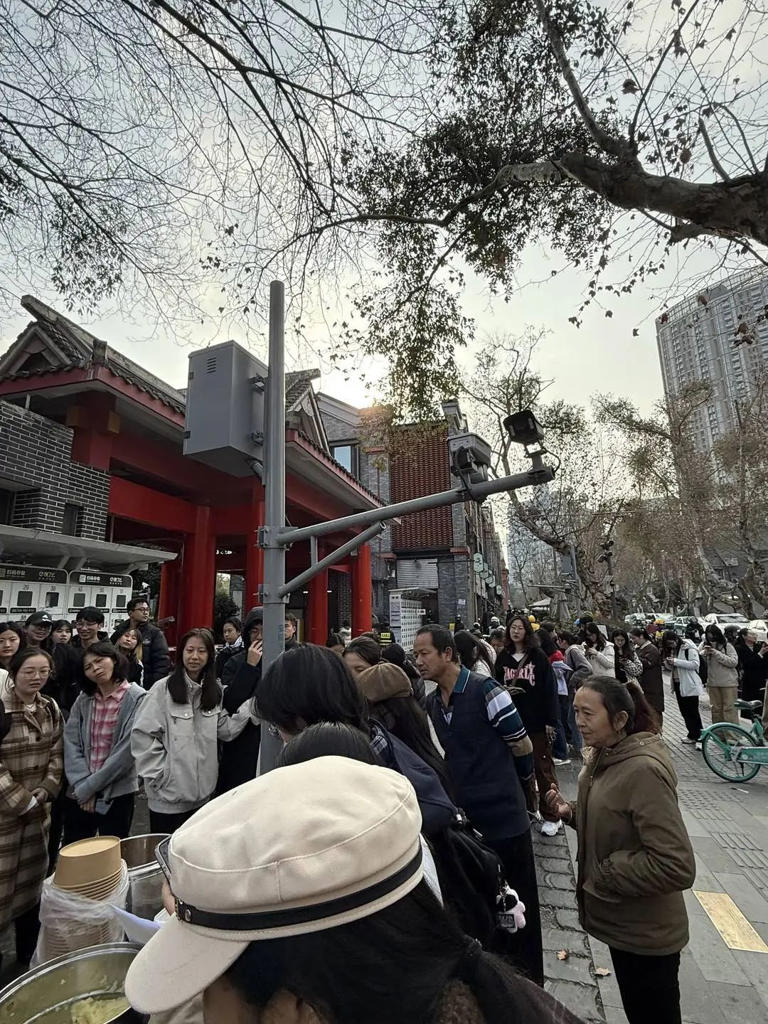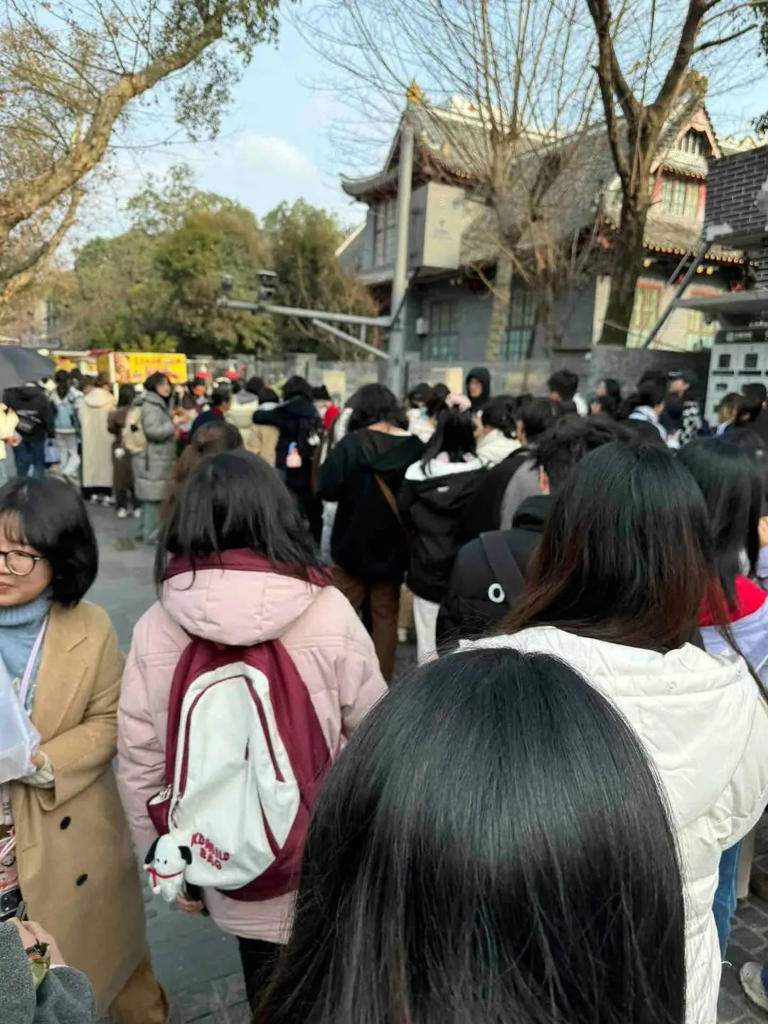On January 17, the National Health Commission held a press conference to introduce the health related situation of seasonal solar terms. Mi Feng, spokesman for the NHC, said that the current respiratory diseases such as influenza are in a seasonal period, and monitoring results show that this winter and spring respiratory diseases are caused by known pathogens, and there are no new infections. The epidemic intensity of this influenza is lower than that of the last winter season, and other respiratory diseases such as novel coronavirus and mycoplasma pneumoniae are at a low epidemic level.
Wang Dayan, a researcher at the National Institute of Viral Disease Control and Prevention of the Chinese Center for Disease Control and Prevention, pointed out that the recent high incidence of influenza is a normal seasonal epidemic, which occurs every winter and spring. The latest weekly monitoring data show that the positive rate of influenza virus detection has begun to decline in most northern provinces, and some southern provinces have also begun to decline. The characteristics of this influenza epidemic include: the intensity of the epidemic is lower than that of the previous winter epidemic season; The time of entering the popular season this year is late, and the time of reaching the peak is about 1 month later than that of the last winter season. The influenza virus subtype A (H1N1) is the main subtype circulating in various regions, while the last epidemic season showed the characteristics of multiple types and subtypes alternating.

Li Dong, chief physician of Beijing You ‘an Hospital, explained that human metapneumovirus is not a new virus, but a common pathogen that causes respiratory infections in winter and has been accompanying humans for decades. In recent years, the number of reports on human metapneumovirus has increased, mainly due to the development and progress of detection methods. In addition, there are indeed cases of influenza virus infection after vaccination, but compared with unvaccinated people, vaccinated people have a significantly reduced risk of infection, relatively mild symptoms, and a lower risk of severe illness. People who have not yet been vaccinated and have not been infected with the flu are advised to get vaccinated as soon as possible.
The Spring Festival travel rush in 2025 has begun, and when people move and family and friends gather, they should always take personal protection and adhere to good hygiene habits, such as frequent hand washing, scientific wearing of masks, and maintaining social distancing, to reduce the chance of infection. At the same time, enhance physical fitness and immunity, maintain adequate sleep, adequate nutrition, appropriate physical exercise and regular work and rest, and avoid excessive fatigue. Ensure that the room is clean and well-ventilated, minimize activities in crowded places, and reduce exposure to patients with respiratory infections. Stay at home if you are sick, get tested and seek medical attention as needed.

 Entering China
Entering China


































